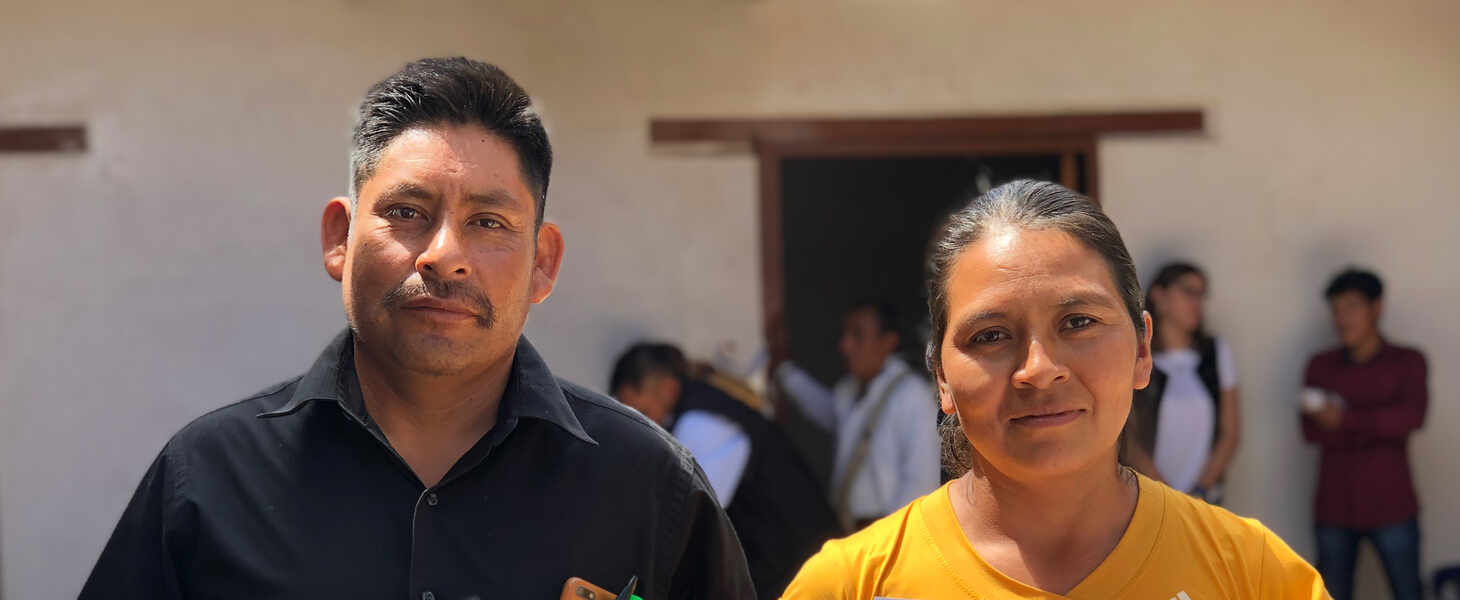


Although the majority of Mexico's population is Christian, many believers live in danger of persecution, particularly from criminal gangs, drug cartels and indigenous groups.
In many parts of the country, the presence of criminal groups is growing. Christians who bravely speak out against their activities, or who are involved in community work or evangelism (especially with youth, drug addicts and migrants) are deemed a threat—and that makes them a target. The authorities have been unable to stem the growing influence of these criminal groups, making believers even more exposed to attack.
In some indigenous communities, those who decide to abandon ancestral and traditional beliefs to follow Jesus face ostracism, fines, incarceration and forced displacement. Given that indigenous leaders are those who administer justice in such areas, believers have no one to turn to to investigate wrongdoing and protect their religious freedom.
Mexico is a strictly secular state, and hostility toward Christian faith and values has increased in general, while public expressions of Christianity face increasingly strong legal scrutiny.
There are believed to be around 150 active criminal groups throughout Mexico, with at least one operating in each state. The capital, Mexico City, is among the areas strongly influenced by cartels. Persecution is a real risk for any Christian living in these areas who is deemed a threat to cartel activity.
In the south of Mexico, Christians who leave traditional indigenous beliefs for Christianity are especially at risk of hostility and displacement.
Intolerance toward believers because of their views on different issues is especially heightened in a select number of states.
" Seven months after my husband died, my baby was born. The first year I was depressed and hurt. I was about to give up; I had no strength. But slowly, God lifted me."
Florence, whose husband was killed for his faith
Persecution has worsened in the past year. Christians are facing growing pressure in their private lives, and personal expressions of faith such as owning a Bible in some indigenous communities, or sharing faith online are becoming increasingly risky. There has also been a growing clampdown on believers who express views that are deemed controversial, including intimidating attacks on church properties. It’s led to many believers keeping quiet, for fear of reprisal.
But the highest pressure continues to be in communal life, reflecting how exposed Christians are to attack from both criminal gangs, including drug cartels and indigenous groups. Reported incidents of violence have dropped slightly since last year, but remain at an extreme level.
In positive news, in June 2023, the translation of the Law on Religious Associations and Public Worship into Tzotzil—one of the most widely spoken and important indigenous languages in the state of Chiapas—was completed and published, with support from Open Doors. The milestone, which was celebrated as a historic first for Mexico, will enable believers to have a better understanding of their rights when practicing their faith in communities that can be hostile to them.
Open Doors strengthens persecuted believers in Mexico with biblical training, legal support, trauma care and socio-economic aid.
Heavenly Father, thank You for the incredible courage of our family in Mexico who speak out against violence and promote peace. Protect them, we pray, and continue to embolden them in their ministries. May their words and lives touch the hearts of criminal leaders, so they turn from violence and hatred to follow You. Strengthen the faith of those living in indigenous communities; encourage them with your love and show them how You are powerfully at work in their neighbourhoods. May our sisters and brothers in Mexico not be despondent as opposition increases, but may they be empowered to grow in their faith and witness. Bring peace, justice and wise governance to all areas of Mexico. Amen.